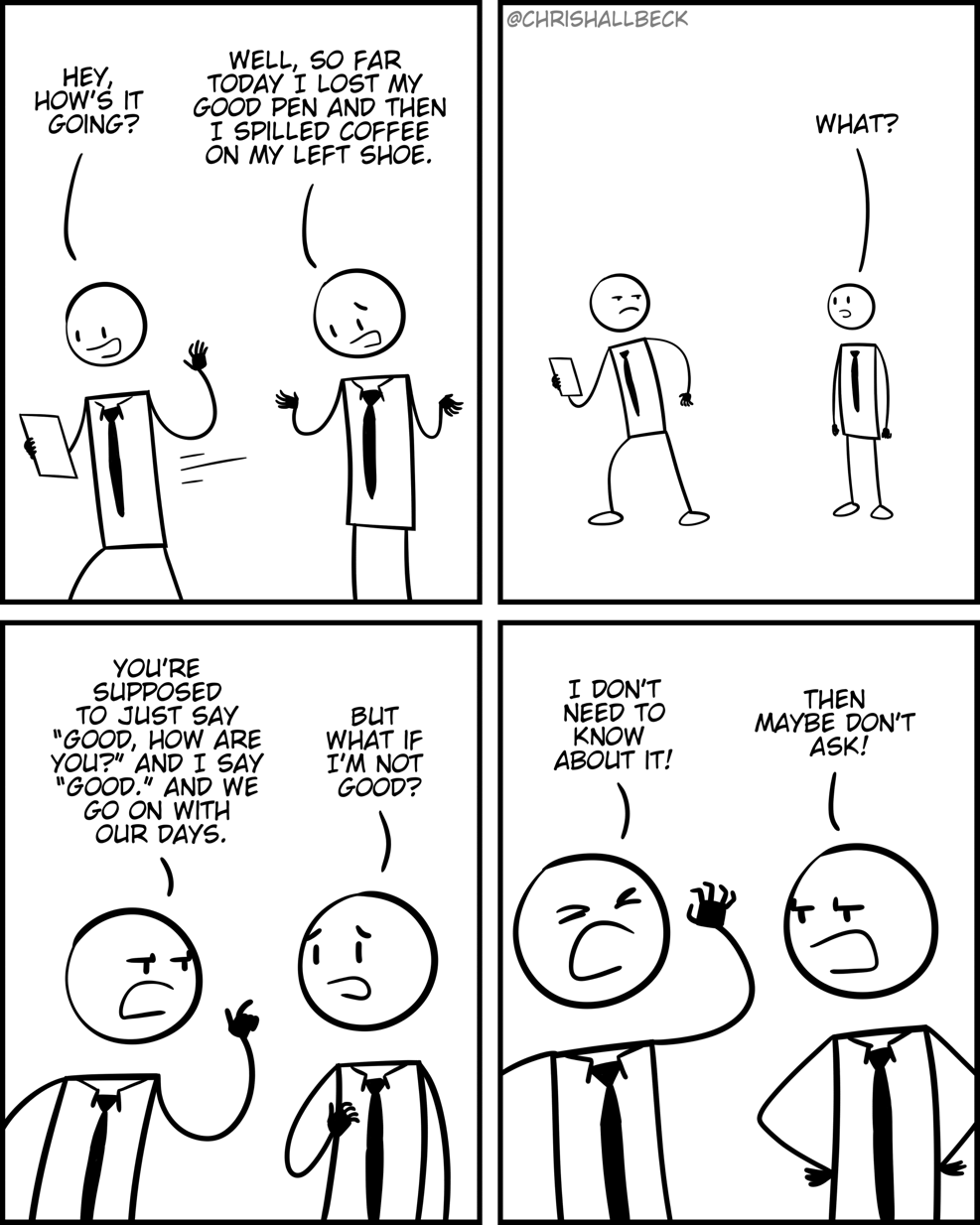Comics
This is a community for everything comics related! A place for all comics fans.
Rules:
1- Do not violate lemmy.ml site-wide rules
2- Be civil.
3- If you are going to post NSFW content that doesn't violate the lemmy.ml site-wide rules, please mark it as NSFW and add a content warning (CW). This includes content that shows the killing of people and or animals, gore, content that talks about suicide or shows suicide, content that talks about sexual assault, etc. Please use your best judgement. We want to keep this space safe for all our comic lovers.
4- No Zionism or Hasbara apologia of any kind. We stand with Palestine 🇵🇸 . Zionists will be banned on sight.
5- The moderation team reserves the right to remove any post or comments that it deems a necessary for the well-being and safety of the members of this community, and same goes with temporarily or permanently banning any user.
Guidelines:
- If possible, give us your sources.
- If possible, credit creators of each comics in the title or body of your post. If you are the creator, please credit yourself. A simple “- Me” would suffice.
- In general terms, write in body of your post as much information as possible (dates, creators, editors, links).
- If you found the image on the web, it is encouraged to put the direct link to the image in the ‘Link’ field when creating a post, instead of uploading the image to Lemmy. Direct links usually end in .jpg, .png, etc.
- One post by topic.
view the rest of the comments

I never understood why people just randomly ask “how are you?” if they don’t really care. By that point is just better not to talk.
In the UK at least, 'you alright?', shortened to 'right?' is just used as a greeting. In the same way that 'how are you doing' got shortened to 'howdy'. It's just another form of greeting or pleasantry.
If you're actually interested how someone is, you'll ask without the contraction ('are you alright?'), and with a different intonation.
I think that's a fairly reasonable way of doing conversation; I don't have a problem with it.
Yeah, Australia it's 'howyagoin'.
My Scandinavian friend said it was difficult when he came here because he would start to respond but the person had already walked past.
It's something you say when you first arrive at a meeting, or greeting someone. You also say it to strangers when you walk past each other with your dogs.
The response if you're staying to chat with someone you know is 'good, how're you?' and they say 'good' and that's about it - you either move on, or start an actual conversation.
but in passing with strangers or colleagues in the corridor, it's also 'howyagoin', smile maybe a nod and you keep moving.
It's a greeting. It is meaningless other than a polite gesture. Just like when people say "Good morning" they aren't really wishing that person a good morning, just saying something friendly.
Plus the response is naturally escalated based on how well you know the other person. The first time you walk into a shop it is "How are you?" "Good, you?" "Good thanks" But if you have been getting your morning coffee there every day for a year maybe you do actually share something a bit personal. Probably starting off with a positive "Great, I found $5 on the street this morning" and eventually becoming personal and maybe even saying something like "Not great actually, ...".
So it is actually a nice way to transition into a more intimate conversation as you get to know someone.
The thing is that we do have "Morning!", "Hello", "Hey", "Yo!", "Hi!".. and many other greetings that are not in the form of a question that actually leaves it open for the other person to respond with honesty and that is often also used as a conversation starter. If you really aren't open to a conversation, use one of the shorter friendly greetings.
If I say "how's it going?" and they answer with something I don't have time to hear... at most I would excuse myself and politelly say that I don't have too much time to talk.. but complaining about the other person actually answering truthfully makes no sense.
Of course it's just a comic, but still.. I don't think the one answering is in the wrong here.